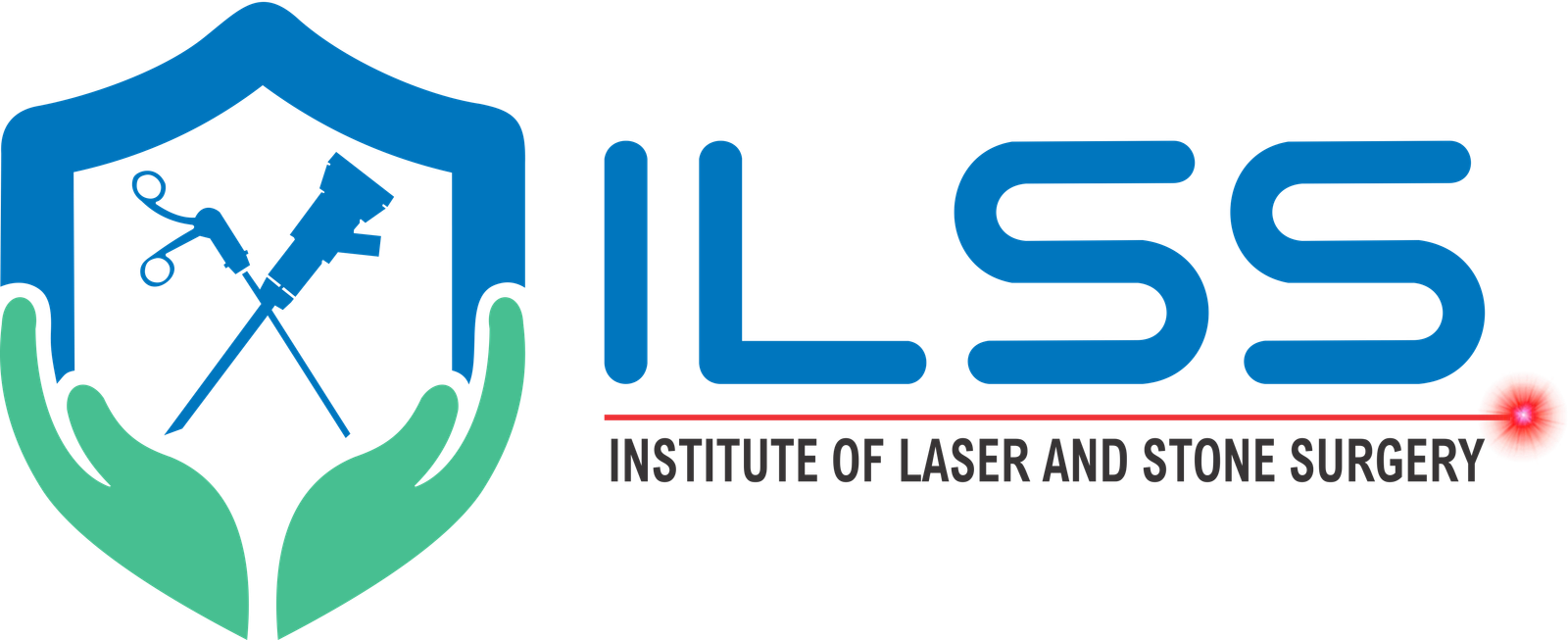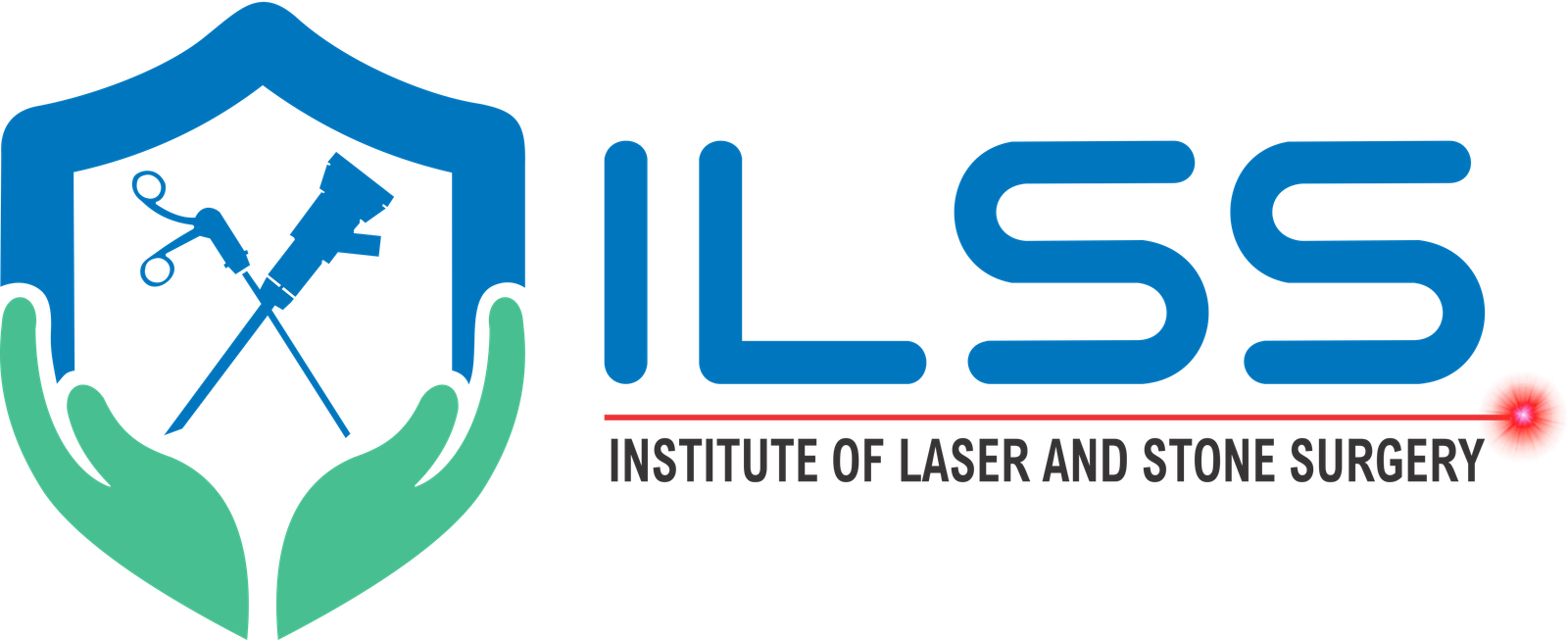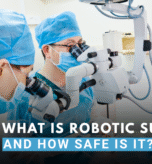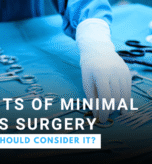Cancer Awareness and Early Detection
Cancer is treatable when detected early. Yet, many people ignore the warning signs until it’s too late. At ILSS Ashwani Hospital, we focus on increasing cancer awareness and promoting early detection of cancer to improve treatment success and save lives.
What is Cancer?
Cancer is a disease in which the body’s cells begin to grow and divide uncontrollably. These abnormal cells can form lumps or tumors, damage surrounding tissues, and even spread to other parts of the body (a process called metastasis).
Cancer can affect anyone — men, women, children, and the elderly. But the good news is that early detection and timely treatment can greatly improve outcomes. At ILSS Ashwani Hospital, we focus on both awareness and expert care for all major types of cancer.
Common types of cancer:
Breast Cancer: Starts in the breast; often seen as a lump or change in breast shape.
Cervical Cancer: Affects the cervix in women; usually caused by HPV.
Lung Cancer: Begins in the lungs; common in smokers or people exposed to pollution
Prostate Cancer: Found in men; affects the prostate gland, usually in older age.
Blood Cancer (Leukemia): Affects blood and bone marrow; leads to weakness and frequent infections.
ILSS Ashwani Hospital offers expert diagnosis and treatment for all major types of cancer in Delhi NCR.
Why Cancer Awareness is Important
Many patients don’t realize they have cancer until it reaches a serious stage. Spreading cancer awareness helps people recognize symptoms, understand their risks, and get screened early.
Benefits of awareness:
- Encourages early cancer screening
- Helps people identify signs of cancer
- Reduces fear and myths about cancer
- Improves survival chances with early treatment
At ILSS Ashwani Hospital, we regularly host awareness programs and health check-up camps to support our community.
Warning Signs You Shouldn’t Ignore
If you notice any of the following symptoms, don’t wait—visit ILSS Ashwani Hospital for a complete cancer check-up:
- Unexplained weight loss
- Lumps or swelling
- Persistent cough or voice changes
- Unusual bleeding
- Skin or mole changes
These could be early signs of cancer. The earlier you detect it, the better your chances of recovery.
Why Early Detection Matters
Early detection of cancer allows doctors to start treatment before the disease spreads, leading to better outcomes.
Key benefits:
- Higher success rates for treatment
- Less aggressive therapies are needed
- Lower treatment costs
- Better long-term health
At ILSS Ashwani Hospital, we use advanced tools like mammograms, Pap smears, CT scans, and blood tests to detect cancer early.
ILSS Ashwani Hospital – Your Partner in Cancer Prevention
If you’re looking for trusted cancer screening in Delhi NCR, expert consultations, or a personalized prevention plan, ILSS Ashwani Hospital is here for you. Don’t wait for symptoms to get worse—early detection saves lives.
Book your appointment today at ILSS Ashwani Hospital and take a step toward better health.





